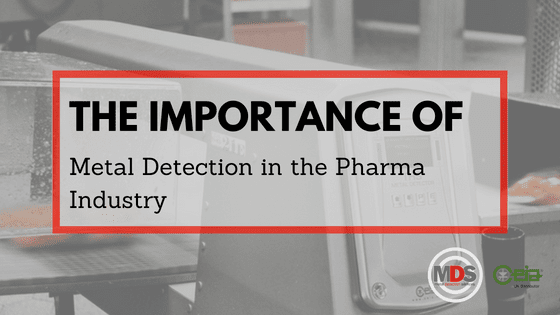With the increasingly global nature of the pharmaceutical industry and the international scale of most of today’s pharmaceutical companies, pharmaceutical production facilities follow both EU and US manufacturing legislation.
Under the title of GMP (Good Manufacturing Practice) or CGMP (Current Good Manufacturing Practice) these regulations cover food, cosmetics and pharmaceutical products. The CGMP for drugs contain the minimum requirements for the methods, facilities, and controls used in the manufacturing, processing, and packing of a drug product. The regulations make sure that a product is safe for use, and that it has the ingredients and strength it claims to have.
In the USA the regulations are covered by the US Food and Drug Administration, the FDA, and they come under the Code of Federal Regulations (CFR). The FDA’s portion of the CFR is in Title 21, which interprets the Federal Food, Drug and Cosmetic Act and related statutes, including the Public Health Service Act. The pharmaceutical or drug quality-related regulations appear in several parts of Title 21, including sections in parts 1-99, 200-299, 300-499, 600-799, and 800-1299.
21 CFR Parts 210, 211, 212 – Drug Pharmaceutical GMP
These cGMP regulations effect the drug and pharmaceutical industry. CFR Part 210 deals with the manufacturing, processing and holding of drugs. CFR Part 211 deals with finished pharmaceuticals.
For any new product, the drug’s approval process includes a review of the manufacturer’s compliance with the CGMPs. In the USA FDA assessors and inspectors determine whether the firm has the necessary facilities, equipment, and ability to manufacture the drug it intends to market.
CEIA MS21 Metal Detection Systems
The CEIA product line is specifically named the MS21 because it is fully compliant with CFR Title 21.
Under these regulations, manufacturing facilities must maintain controlled environmental conditions to prevent cross-contamination from adulterants unsafe for human consumption or use. Hence a compliant metal detection system is an essential element of the production facility to prevent any metal contaminants reaching the final packaged product.
This process must be fully documented and traceable, an area where the CEIA Pharma THS/PH21 (part of the MS21 family of product) is also compliant.
Calibration and Maintenance
Premises and equipment critical to product quality must be subject to appropriate qualification according to EU rules. While the wording is less clear, in the US the FDA point to 21 CFR Part 211.68a, in particular the requirement that equipment be ‘checked according to a written program designed to assure proper performance’ as the regulation requiring equipment qualification or validation.
Both EU and US regulations require buildings and equipment to be maintained. Maintenance and cleaning activities are detailed in the CFR while similar requirements are in the EU GMP Guide.
The THS/PH21 is designed with these requirements in mind ensuring easy access to parts for cleaning and well documented maintenance and calibration procedures.
Failure to Comply
Failure to meet the regulations can not only be costly and damaging to a brand’s reputation but in the EU legal action can be taken against the Heads of Production and Quality Control.
For further details on the CEIA range of pharmaceutical metal detectors please contact our technical sales team.

